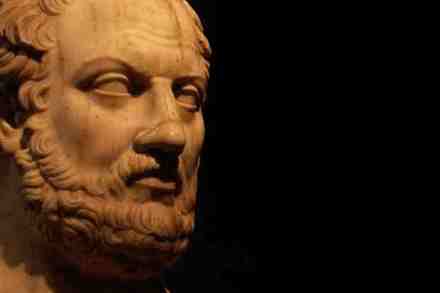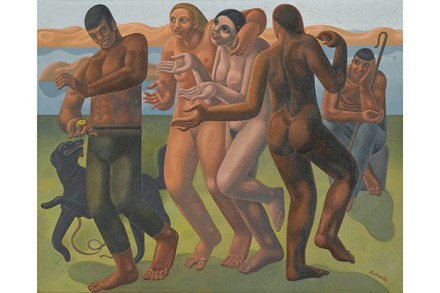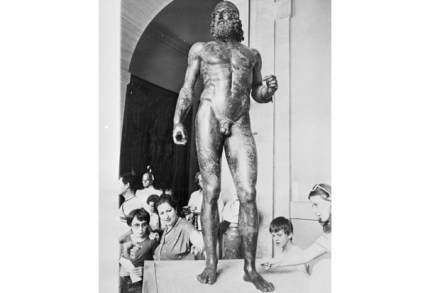Socrates on expertise
The governor of the Bank of England, Mark Carney, raises his growth forecasts and suddenly everyone believes the ‘expert’. So is it wrong to say that people ‘have had enough of experts’? Yes, totally wrong. Expertise exists: the question is, with what scope? Socrates dissected the problem. In debates in Athens’ democratic Assembly, he pointed out, topics such as building or ship construction were taken to be the business of builders and shipwrights, and anyone who, though no expert, attempted to give advice in those areas was jeered off the platform. But when the debate moved on to deliberation about a course of action, then ‘any builder, smith, cobbler, merchant or







